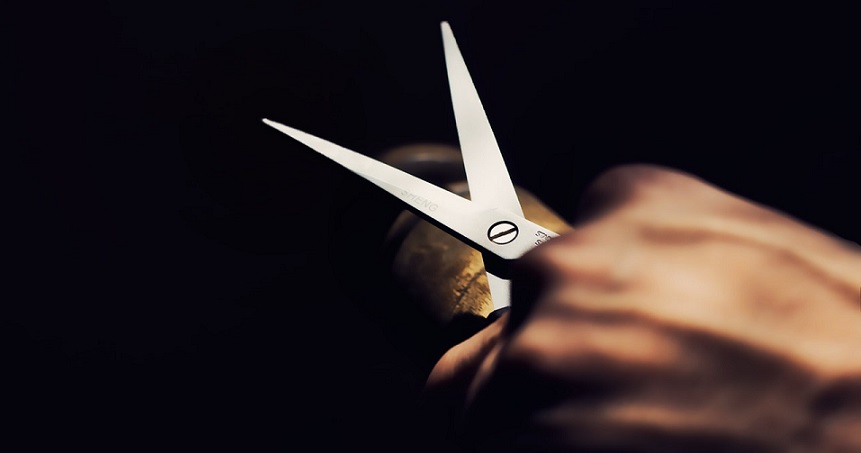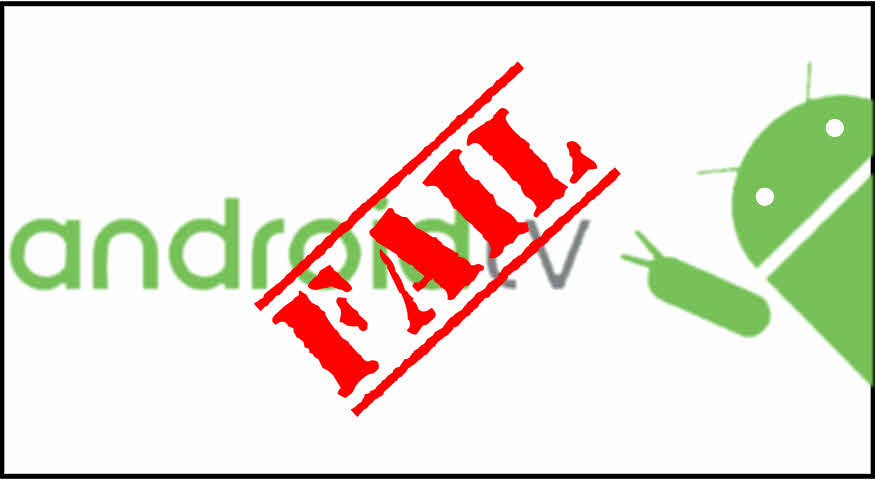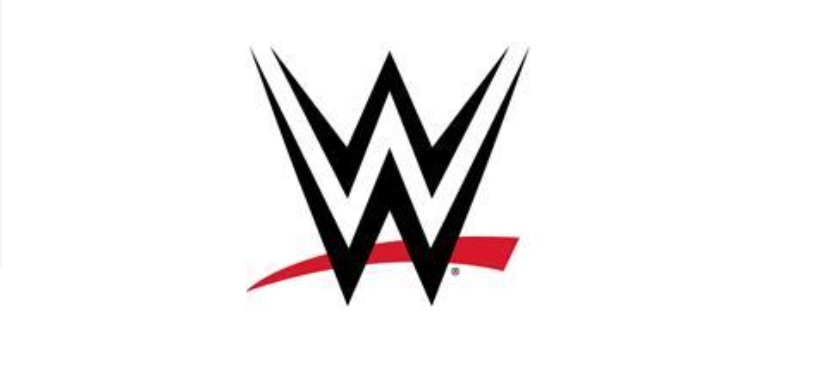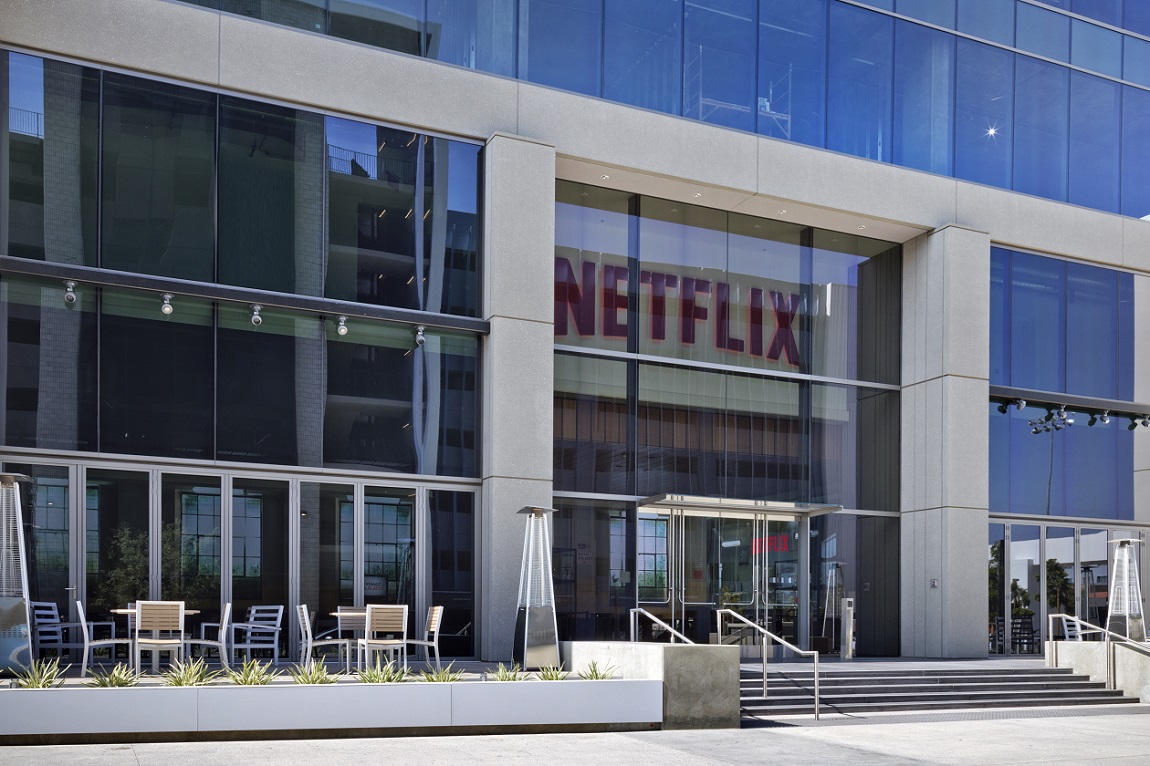Well what happened to the Spectrum Disney standoff being a cannon event in the story of pay-tv? To say the hype did not live up to the final result would be a gross understatement. This was going to be it. Charter’s CEO Chris Winfrey was seriously talking about how TV was not profitable and that the company was ready for a life without the ESPN family of networks and other Disney owned properties unless his customers could get Disney+ for free.
“The average customer who remains isn’t going to be a sports customer… we’re moving on, that’s OK,” Winfrey told a Goldman Sachs conference.
In an article from Reuters Winfrey used similar (bolding done by The Streaming Advisor” tough talk saying,“I apologize that our consumers have been put in the middle here, but we felt it was worth it,” Winfrey said at the Goldman Sachs Communacopia + Technology conference. “It was the right time and that we had to say ‘enough is enough’ or else we’re going to have to move on to a different model.”
“A different model” “Movving on”. I don’t know why so many in the press took that kind of talk seriously suggesting that the pay-tv industry as we know it could implode this month with the Hollywood Reporter quoting Charter exec Rich DiGeronimo who claimed “For us, we are at a crossroads, economic indifference really, with our video product offering and Disney is at a crossroads with its DTC apps and traditional linear TV strategy,” added Rich DiGeronimo, Charter’s president of product and technology.
Well, it looks like the crossed those roads and ended up right back where they started. Disney and Charter Spectrum agreed to end their standoff with the ESPN family of networks and the rest of Disney’s nearly 20 TV products returning to the lineup. So far there are no specific details about what is included in the agreement but my guess is that if Spectrum scored anything on Disney it would have been mentioned. The apocalyptic end of the TV world as we know it fizzled out with something that looks just like August. Why?
Because Spectrum knew it could not afford to lose the customers who wanted ESPN. It should have been plainly obvious from the start that this was the case to anyone paying attention. The problem is that journalists are rightly trained to write what they can prove based on information from what they view as reliable sources. And the industry in general views company CEO’s as reliable sources even though there is a list of statements a mile long from CEOs that have proven to be outright lies leading to lawsuits and company collapses. The idea that the fight between ESPN/Disney and Charter was a mathematical issue where they would be able to absorb the loss of all of ESPN’s viewers, especially the people who stuck with cable all this time becuase they were uncomfortable looking into other options was a flawed one. Live Sports is obviously the main draw of the pay-tv world, no matter how many people on Facebook say they never watch it. Do you know what the most watched programming on TV was for Labor Day Weekend? It was college football by a mile. 9.16 million people watched FSU VS LSU on Sunday night. Take a look at NBC’a numbers for a matchup between legitimate national contender Michigan vs the East Carolina Pirates just to get an idea about how much people love sports, even if you don’t. One can not make a defensible argument against the numbers and the ratings.
This is what Charter was dealing with and that was just the college sports much less the NFL which debuts Monday Night Football tonight. Of course, unlike college football, a lot more NFL games take place on networks besides ESPN that Charter still offered aside from the markets where the disagreement also took ABC off the menu.
Here is what I think would happened if Charter Spectrum had followed through with its tough talk and say either dropped Disney programming forever or moved to begin shutting down its pay TV entirely and abruptly. If it were just ESPN etc that went away it would have lost millions of TV customers meaning all of the other cable channels that get their piece of the pie from Spectrum’s customer base would feel a hurt they had never felt before. The move would have sent shockwaves through its stock and killed is stock price. Not because of the impact, but because of the perception of the impact by investors who don’t know the economics of the TV industry in general. Does anybody remember what happened to Netflix less than a year ago?
The ironic thing is that broadband Internet is actually Spectrum’s cash cow these days. It has twice the number of Internet customers as it does pay-TV customers. Of course, you can also guess that every one of its pay TV customers are also Internet customers. And that is part of the risk the company takes when it says things that imply it can live without TV or ESPN etc. There would be customers who decided to cancel TV service who would also cancel their Internet service as well in favor of the fiber internet that is spreading throughout the country. AT&T and Google have been aggressively laying down lines that offer much faster and more dependable internet signals than cable internet for competitive prices in markets where Spectrum used to be the only broadband Internet provider. That might not even be the best that the customers could make but people could just decide they don’t want to deal with Charter at all and cut themselves off completely.
If Spectrum lost the percentage of customers who use the company for TV and Internet it would likely cause the company itself to go bankrupt. And no CEO would want to do that in good conscience. Even a big slice of those customers such as the estimated number of Spectrum TV customers who would leave over just Disney’s products would be a big loss to take in.
Yes. A lot of cable companies and the Streaming replacements have cut ties or never gotten into bed with regional sports networks. But the cable replacement services of the world know what the draw is. It is sports, Sports, and sports. Have you ever seen a Hulu+ live TV commercial bragging about providing access to TLC? What about Sling TV? YouTube TV is talking about nothing but the new Sunday Ticket package and it isn’t even part of its TV lineup. And Fubo goes out of its way to make sure we all know that it is a sports-based streaming service.
When negotiations between Comcast and Disney reach the same place take a breath and remember what happened this time. History will repeat itself. Maybe be ready with an antenna and a 7-day free preview of a TV service in your back pocket.






